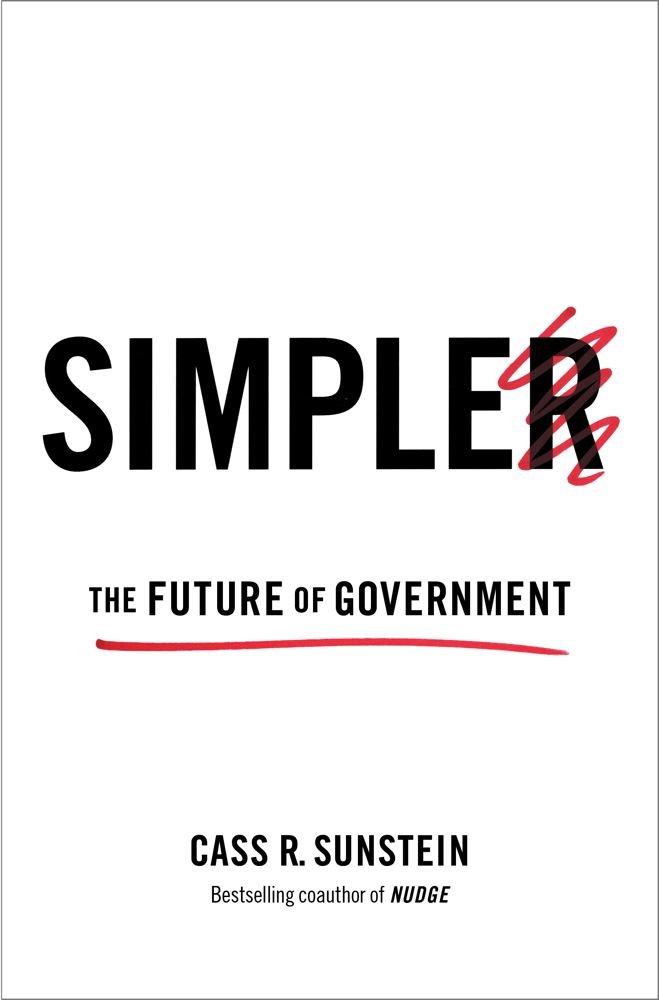Unfortunately, the catalog description for this course has not been undated to reflect the changes made last year (and this year.) Below you will the appropriate description.
ECON 421
Investments
This course blends a web-based course on investment philosophies with classroom discussion of economic and valuation principles. It aims for students to develop an understanding of contemporary financial markets and instruments as well as how economic fundamentals apply to the evaluation of investment alternatives and strategies. Students will apply such knowledge to craft their own economic philosophies and implementation strategies. Units: 6.
Prerequisite: I-E110 and at least one of ECON 300, ECON 320, and ECON 380.
The class is scheduled to meet Tuesdays from 9:50 to 10:50 and Thursdays from 9:00 to 10:50. I will NOT necessarily attend the Tuesday sessions; however, during reading period week, the class will meet from 9:00 to 10:50 (Tuesday, October 18th) as a replacement for the Thursday session.
If you have questions, please don’t hesitate to ask me or to come to the first session next Tuesday at 9:50.
